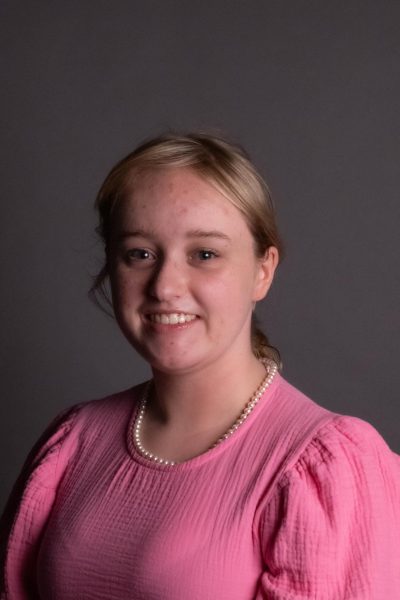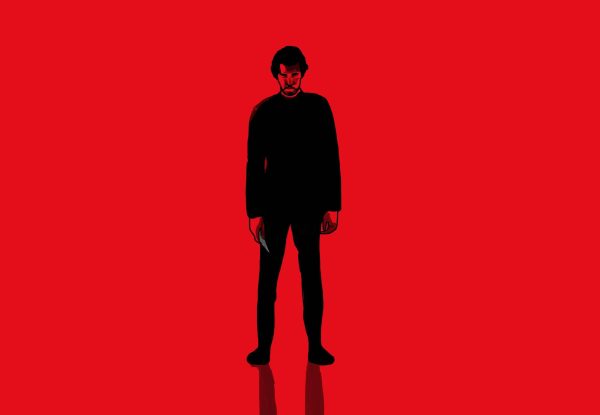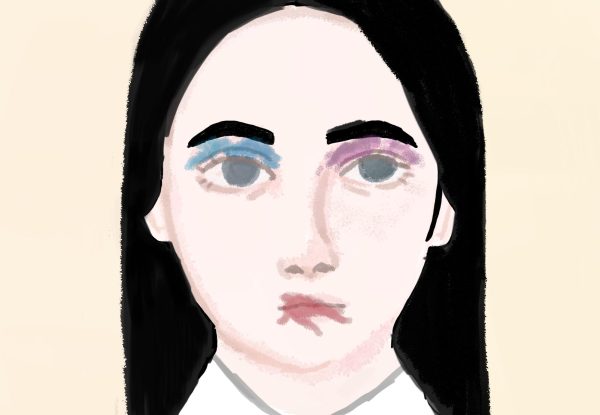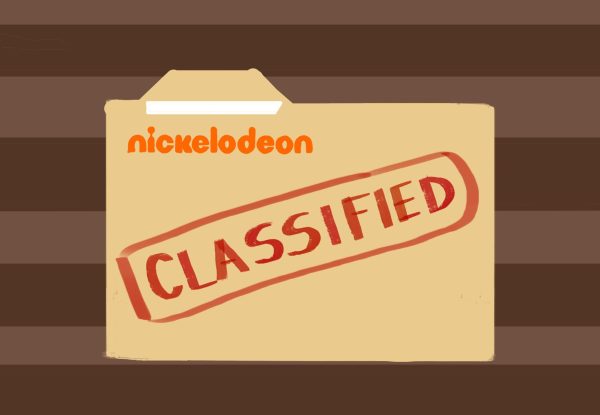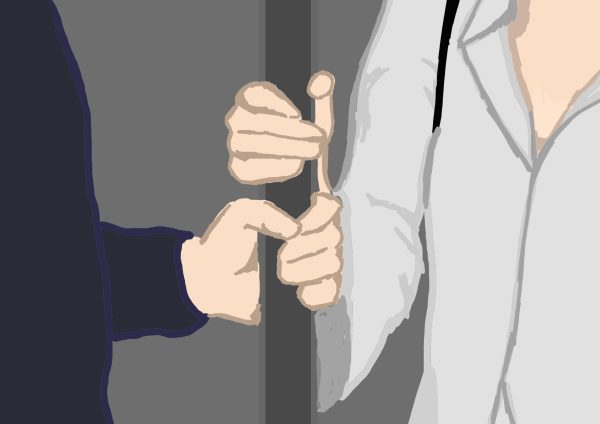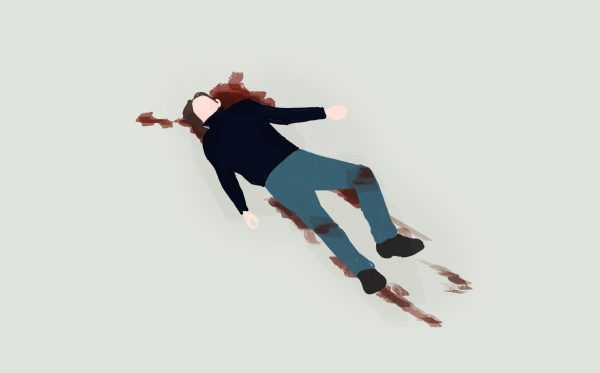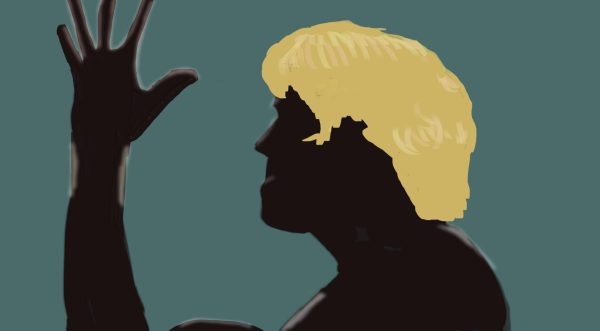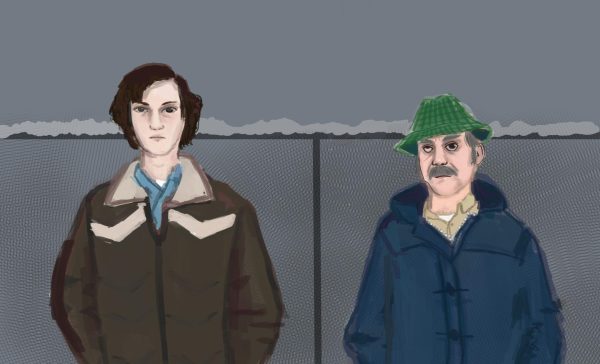Students react to Dave Chappelle’s newest comedy special
November 3, 2021
Famous standup comedian and actor Dave Chappelle recently released his 11th special, “The Closer” on Netflix. The special was released on Oct. 5 and is Chappelle’s first released special since the pandemic began.
“As he closes out his slate of comedy specials, Dave takes the stage to try and set the record straight – and get a few things off of his chest,” Netflix states in the special’s description.
Although Chappelle has been a controversial figure for most of his career, this special has created an even larger amount of backlash than he may be used to. Even in “The Closer” he mentioned many stories describing past confrontations and has been called terms such as “transphobic” and “sexist.”
In his newest Netflix special, Chappelle does not die down or shy away from speaking bluntly. In fact, many statements Chappelle made not only centered around transgender people and women, but also gay people.
Chappelle told a story where he was preparing to fight a man at a bar. Chappelle said, “I saw his nail polish and knew that he was gay – of course I wasn’t scared of him, he had his shirt in a knot!”
Chappelle also spoke harshly about a lesbian he encountered and had an unpleasant conversation with.
“A woman tried to tell the police that I beat her up because she was a lesbian… B–ch, I didn’t know you were a woman,” Chapelle said.
Chappelle has also caught flack for using a slur when describing his description of feminism and feminists, saying he thought it meant “frumpy d-ke.”
Faye Lewis, a second-year mass communication: public relations student at Winona State University, shared how the use of that slur affects her as a member of the LGBTQ+ community.
“No slur is okay. I hate them. Every single one. No one outside of the community has any right whatsoever to throw those words around casually. Slurs are slurs and being a “comedian” doesn’t make it any less derogatory and harmful,” Lewis said.
Lewis also mentioned how even when someone in the community says a slur, it also makes her uncomfortable.
“I get uncomfortable even when other members throw words like that around. Even still, they’re the only ones I’d never call out for it. LGBTQ+ people are attempting to take back the words when they use them—turn them into something that doesn’t feel like a knife on the skin every time it’s thrown your way,” Lewis said.
Chappelle also did not shy away from transphobic comments in his newest special, talking about ‘men’ peeing with vaginas in a urinal and ‘women’ peeing with penises.
He paralleled Caitlyn Jenner’s winning of a Woman of the Year award with Eminem winning a “Black Person of the Year award” and implied he agrees with author J. K. Rowling’s statement, “gender is a fact.” Chappelle continued, saying transgender women’s vagina’s have “beet juice not blood.”
Those were not the last of his comments, as he also spoke about masculine features on transgender women and stated the word TERF, to him, means, “Trans people make up words to win arguments.”
Along with these statements, Chappelle has also been criticized for making derogatory comments about women in the Netflix special.
In talking about which women Chappelle likes at strip clubs, he commented, in a crude manor, the body parts he finds attractive.
“I like dirty hippie women with long t-tties and long vaginas,” Chappelle said.
Chappelle also talks about the #MeToo movement, complaining about how women involved have handled it.
After he criticized the #MeToo movement, Chappelle received some backlash from women involved. He then commented, “I ain’t jerking off to your pictures ever again.”
Chappelle also mocked women who are afraid of being sexually assaulted, saying, “‘Men are trying to rape us’–Not you, b–ch please.”
Visara Sok, a third-year student who studies biology allied health and is also the ASO director at Winona State, talked about the impact statements and words like these can have.
“How can someone joke so easily at a fear so many women have? I don’t like how his comment infers you’d have to be pretty to be raped… There are many different types of preferences in appearances, so how is anyone to know which will be the one to put a target on our backs?” Sok said.
Netflix’s CEO, Ted Sarandos, initially doubled down on his comments about the special, saying it falls under “artistic expression” and that the “content doesn’t directly translate to real-world harm.”
Due to this, Netflix employees held a protest on Oct. 19 in an effort to stand up for and support their transgender peers.
“I stand with the trans, nonbinary and BIPOC employees at Netflix fighting for more and better trans stories and a more inclusive workplace,” Elliot Page, Academy Award nominated actor and actor on a current Netflix TV show, said.
Sarandos later said he “screwed- up” over communication with employees following the protest, but said he does not regret his past statements.
Lewis talked about her personal reaction to viewing Chappelle’s newest Netflix special.
“Each quote is like a sucker punch to the face with how honestly surprising it is that someone would even use sentences like this as comedy,” Lewis said.
Lewis also described how language like Chappelle’s is not new for modern media and could possibly have to do with recent politics.
“We’ve seen stuff like this blasted in the media plenty, especially over the last five years. Public figures as high as the President of the United States says that language like this is okay, so clearly anyone can just say whatever the heck they feel like saying- that’s become the rhetoric in today’s media,” Lewis said.
Sok shared her thoughts on whether there should be repercussions for Chappelle and the CEO of Netflix.
“There should be, but there ultimately won’t. In industries like this, accountability is more of ‘I’m sorry I got caught, let me stay quiet for a month or two and suddenly return as a changed person,’” Sok said.























































